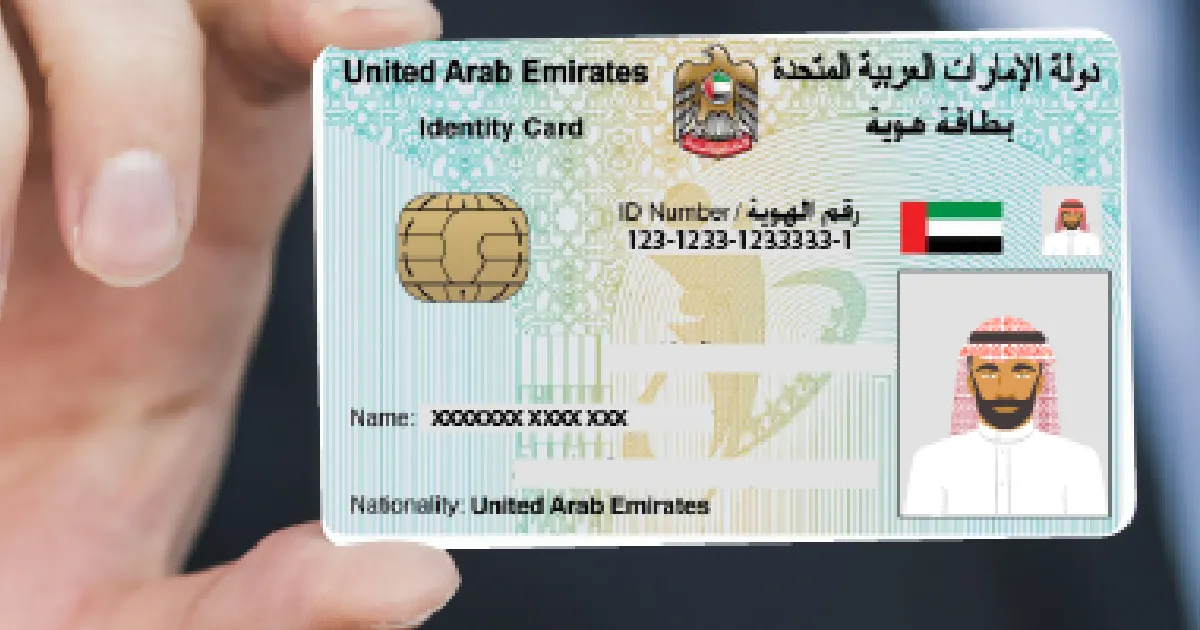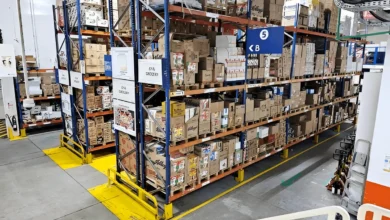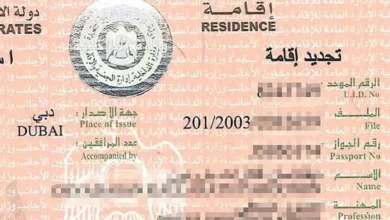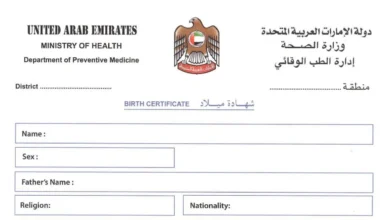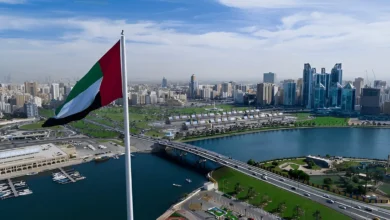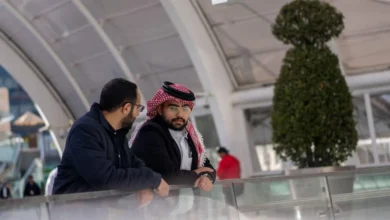
The trend of moving from Pakistan to Dubai has been steadily growing over the recent years. As one of the most glamorous and fast-paced cities in the Middle East, Dubai offers many opportunities that attract expats worldwide, including Pakistanis.
In 2021 alone, over 200,000 Pakistanis are estimated to have moved to Dubai. What is driving this migration? Several key benefits make Dubai an appealing destination:
Economic Prospects
- Booming job market with career opportunities in diverse sectors like banking, aviation, tourism, real estate, etc.
- Higher salaries compared to Pakistan – income-tax-free for ex-pats
- World-class infrastructure and business-friendly environment
However, relocating to any new country comes with its fair share of challenges as well:
Potential Drawbacks
- High cost of living, especially rents, can make it difficult to save money
- Stringent visa rules requiring sponsorship by an employer or family member
- Missing family back home and difficulties adjusting to a new culture and climate
The key is to properly research and prepare before leaping. Understanding the lucrative incentives and potential challenges will set realistic expectations of life in Dubai.
Dubai offers immense opportunities for Pakistanis seeking greater economic security and a higher quality of life. However, the transition can be made smoother by planning finances, job prospects, visas, accommodation, etc.
Complete Process
Moving to a new country can seem daunting, but understanding the visa process is an important first step. As Pakistani citizens looking to relocate to Dubai, researching the different visa options available will help you determine the best path forward.
Visa Requirements
Several types of visas are available in Dubai, each with its own eligibility criteria, application process, and benefits. Some key visas to consider include:
- Employment visa: This visa requires a job offer in Dubai and allows you to work and reside in Dubai under your employer’s sponsorship.
- Investor visa – Business owners wanting to set up operations or invest in Dubai. Offers renewable 2 or 3-year residency.
- Family visa—This visa is for family members of someone already legally residing in Dubai on another visa. It is valid for 2-3 years.
Thoroughly research all requirements for your situation, including documents, fees, processing times, etc. The Dubai government’s website and expat forums are good resources.
Required Documents
Once you’ve identified the right visa route, compile all required paperwork. This usually includes:
- Passport copies
- Educational/experience certificates
- Bank statements
- Health insurance
- Tenancy contract (for residence visas)
Having complete and accurate paperwork will streamline the application process. Be sure to get the necessary attestations done as well.
Visa Options
The specific visa options and requirements depend greatly on your situation – employment, business, family, etc. Continuing to research and consult official government resources will provide the details you need to obtain the ideal visa for your successful move to Dubai.
Planning Your Finances
Moving to a new country can be financially challenging, so having a clear budget and financial plan is essential. Here are some key things to consider when planning your finances for a move from Pakistan to Dubai:
Cost of Living
While tax-free salaries may be higher, costs like housing and schooling can also be more expensive in Dubai. Research expenses like:
- Rent – Varies widely based on location and amenities
- Utilities – Expect higher bills during the hot summer months
- Groceries – Can be 20-30% pricier than Pakistan for imported items
- Transportation – Owning a car has added costs like insurance and fuel
- Healthcare – Private insurance or fees for every consultation/treatment
- Education – School fees can range from 20,000-250,000 AED per year
Creating a Relocation Budget
Once you understand typical costs, make a detailed budget that accounts for:
- One-time moving & transition expenses – Shipping, temporary housing, etc.
- Monthly living expenses based on your lifestyle
- Savings goals – Should be a minimum of 20-30% of your income
Having an estimate of overall costs will help guide your salary expectations.
Banking & Currency Exchange
Some tips for managing your money:
- Open a bank account in the UAE as soon as possible
- Consider exchange houses for currency conversion from PKR to AED
- Have funds to cover the initial few months before receiving salary
- Inform Pakistani banks about foreign addresses to avoid account freezing
Careful planning and budgeting will help your finances go further in Dubai!
Finding Accommodation
When relocating to Dubai, one of the most important decisions you will make is where to live. Finding the right accommodation can seem overwhelming with many different areas, neighborhoods, and housing options. Here’s what you need to know:
Neighborhoods in Dubai
Dubai offers diverse neighborhoods catering to different lifestyles and budgets. Consider factors like proximity to your workplace, schools, amenities, public transportation, and recreational facilities when deciding on an area. Some popular areas for ex-pats include:
- Downtown Dubai – is an upscale area with luxury apartments and access to attractions like Burj Khalifa and Dubai Mall.
- Marina – Glitzy waterfront district perfect for beach lovers with many high-rise apartment towers.
- Jumeirah – Affluent beachside community comprised of villa compounds and resorts.
- International City – Budget-friendly area with many apartment complexes populated by expat families and students.
Rent or Buy?
While buying property in Dubai can be a sound investment, renting offers more flexibility. Consider factors like your visa status, length of stay, and budget. Renting only requires one cheque per year, while buying requires significant capital and a long-term commitment.
Understanding Dubai’s Rental Market
When renting in Dubai, you will deal with classified listings, real estate brokers, or agents. Prices vary greatly depending on location and apartment size. Expect to pay 1-3 months’ rent upfront plus a 5-10% security deposit. Landlords typically prefer 1-2 cheques covering the full rental term. Be sure to negotiate contract terms before signing.
Dubai offers a robust job market spanning many industries, such as finance, tourism, construction, technology, and more. When researching jobs, utilize online portals like Bayt.com and GulfTalent to browse opportunities by sector, salary, location, and other filters.
Connect with recruiters on LinkedIn and attend job fairs to make direct contacts. Consider short-term contracts or freelance gigs to gain experience and make connections. Research average salaries for your field to determine an appropriate ask during negotiations.
Work visa process and requirements
Your Dubai employer will sponsor your work visa. Familiarize yourself with the process and the necessary documents, such as a valid passport, health certificate, Emirates ID application, and more.
Work visas are typically valid for 2-3 years at a time. Understand rules around bringing dependents, visa renewals, labor laws, and other regulations. Some visas limit switching employers without an approval process. Consider hiring an agency to assist with paperwork.
Networking and utilizing online job portals for job search
- Leverage sites like Bayt.com, GulfTalent, and MonsterGulf to find relevant openings
- Customize your CV for Dubai roles and tailor cover letters
- Search for alumni groups from your University or professional associations with Dubai chapters to expand your network
- Connect with recruiters on LinkedIn who specialize in your function or industry
- Consider short-term or freelance contracts to gain experience if struggling to land a permanent role
Settling into Dubai
Moving to any new country comes with a learning curve for cultural norms and etiquette. Dubai prides itself on being a cosmopolitan, tolerant society, but it is still important to respect local customs.
Some key things to remember are dressing modestly in public places, refraining from public displays of affection, and using your right hand for handshakes and passing items to others. As an Islamic society, you may hear the call to prayer five times daily.
Please be respectful by not speaking loudly or playing music during prayer times. Fridays are considered a holy day, similar to Sundays in Western countries. Government offices and schools are closed on Fridays.
The Emirati people are known for their hospitality. Accept any invitations from locals for meals or gatherings as an opportunity to make new friends and understand the culture. Bringing small gifts like flowers or chocolates is customary when invited to someone’s home.
Finding Schools and Educational Institutions
Dubai offers a wide variety of schooling options. Public schools follow the UAE curriculum, which is taught in Arabic or English. Popular options for expat families include:
- British curriculum schools
- American curriculum schools
- Indian curriculum schools
- International Baccalaureate (IB) schools
Fees vary greatly depending on the school. Be sure to research each option thoroughly and apply well in advance, as there can be waiting lists. Dubai also has many reputable universities, such as the American University in Dubai, the University of Wollongong Dubai, Heriot-Watt University, and more.
Exploring Healthcare Options
Dubai has excellent healthcare infrastructure that caters to residents and medical tourists alike. Facilities meet international standards of care, with state-of-the-art technology and skilled medical staff.
Expat residents must have valid health insurance to access healthcare services. Most employers provide health insurance, but check that it adequately covers you and any dependents.
Without insurance, you must pay fees out-of-pocket for doctor visits, hospital stays, procedures, etc. It is advised to register with a general practitioner (GP) clinic to have a medical home base for regular care and referrals to specialists.
Not all clinics accept every insurance plan, so verify if they accept your policy before registering. Keep copies of all medical records for continuity of care.
Conclusion
If you’re considering a move from Pakistan to Dubai, this guide has covered the key steps and considerations to help make your relocation go smoothly. From understanding visa requirements to creating a budget and finding accommodation, we’ve explored the entire process to set you up for success.
With the right preparation and foresight, your move can be an exciting new chapter full of opportunities. Dubai offers expatriates an exceptional quality of life, safety, amenities, and career growth prospects.






